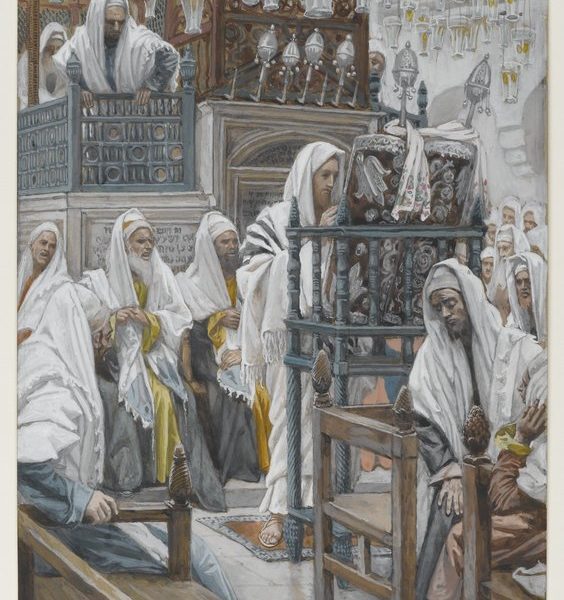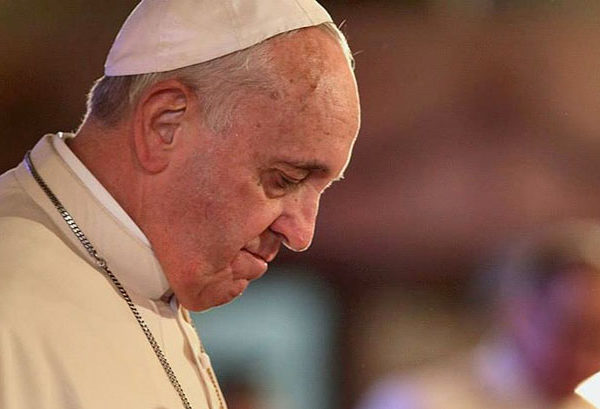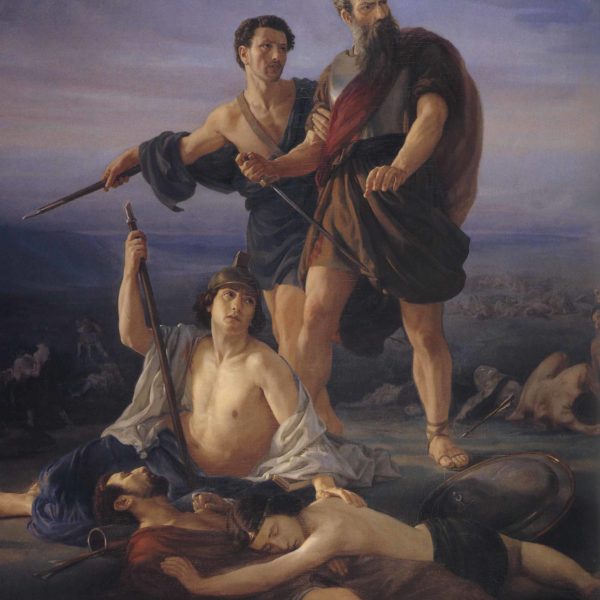
There is a good case to be made that the American criminal justice system is itself criminal. Up until around 1980, all statistics we have suggest that the incarceration rate varied at around 100 inmates per 100,000 people. After about 1977, and especially after about 1982, the rate began to rise; in 2008 it was over 700 prisoners per 100,000, and while it seems to have begun a modest decline in the past few years, it remains over 700. In this context, “American exceptionalism” is not an overstatement; the United States is effectively the largest incarcerator in the world; the only states near us are Cuba and North Korea.

This past weekend my Facebook and Twitter feeds were awash with rainbow colors and expressions of patriotic love for the Supreme Court of the United States (SCOTUS).
The Court’s decision in Obergefell v. Hodges granting “marriage equality” to same sex couples coincided with Pride weekend in many places, including Houston, Texas, where I have lived a good part of my life. My straight friends were particularly effusive in their expressions of joy on my behalf, as if Obergefell v Hodges were the decisive moment when people like myself finally achieved equality.
It was as if this moment were marked somehow out as sacred.

Last week, we mourned the news that Peter Losonczi, a contributing editor to Political Theology Today and a member of the editorial board for the journal, Political Theology, had suddenly passed away. Contributions in his memory for Peter’s wife and children may be made at GoFundMe. Peter’s longtime friend and colleague, Aakash Singh Rathore, remembers Peter below.

In this week’s reading from Mark’s gospel Jesus challenges the complacency that so commonly comes with privilege. The ease of privilege within the status quo can inure us to the claims of truth or justice that might unsettle it or that might trouble its assurance of its purchase upon reality. Yet such claims lie at the very heart of the Kingdom of God.

American Evangelicals and their rumblings on marriage equality will stay with us. This resilience is not simply because of the impact of their networks and numbers but because their resistance reflects a general uneasiness with the value of equality, one that is profoundly embedded in American political culture.

Return now to the martyrs who met for Bible study at Emanuel Church on the evening of June 17th. They teach us very many things, and also many more than I can know. Still, I want to say here that, by their faithful practice, they too illumine the meaning of the Parable of the Sower, and that they do so by indicating what it means to be good and fertile ground.





